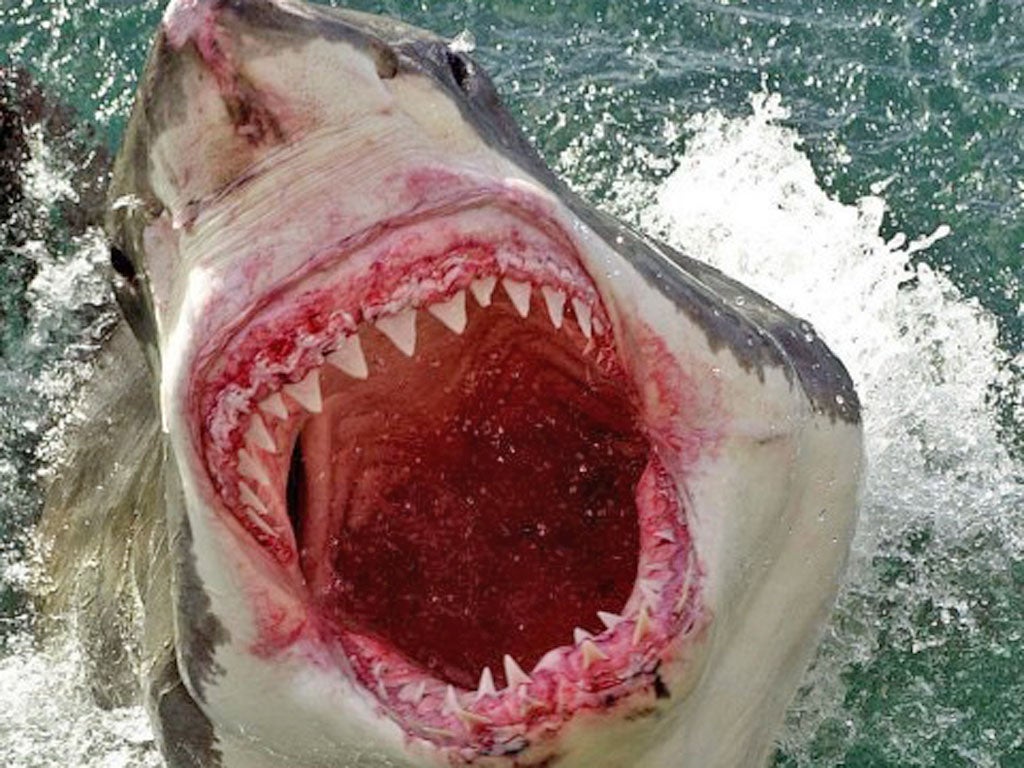
Western Australia called on the federal government yesterday to lift a ban on the fishing of great white sharks following an unprecedented fifth death in its waters within less than a year.
Speaking after a 24 year old surfer, Ben Linden, was bitten in half by a "massive" shark on Saturday, the state's Fisheries Minister, Norman Moore, said the spate of fatal attacks was "cause for great alarm". He added that he was "open to any suggestions from anybody as to where we go to now, because we seriously have got a problem". Mr Linden's remains have not been found, despite police and volunteers scouring local beaches.
The killing of Mr Linden, who was paddling his board near remote Wedge Island, 100 miles north of Perth, has cemented the west coast's reputation as the world's deadliest shark attack zone.
Warning that the attacks were harming the state's tourism industry, Mr Moore said he would lobby Canberra to lift the ban on fishing of great whites. Anecdotal evidence suggested that their numbers had recovered significantly since they became a protected species in Australia in the 1990s, he said, adding that the government would not sanction shark hunts or culls.
In Australia as a whole, an average of one person a year is killed by sharks. However, the spike in attacks is probably the result of human population growth and the increasing popularity of water sports, rather than a rise in shark numbers, according to Martin Garwood at the Sydney Aquarium.
The government's response to the latest attack was condemned by Janita Enevoldsen of the Wilderness Society, who said: "We need to really understand them [the sharks], and not resort to the Neanderthal reaction of a hunt and kill."
Mr Moore agreed that more research was needed. "We have allocated some A$14m [£9.2m]… to get a better understanding of the great white sharks," he said. "I wonder if research might tell us that there are now much greater numbers of great whites than ever before."
Subscribe to Independent Premium to bookmark this article
Want to bookmark your favourite articles and stories to read or reference later? Start your Independent Premium subscription today.

Join our commenting forum
Join thought-provoking conversations, follow other Independent readers and see their replies